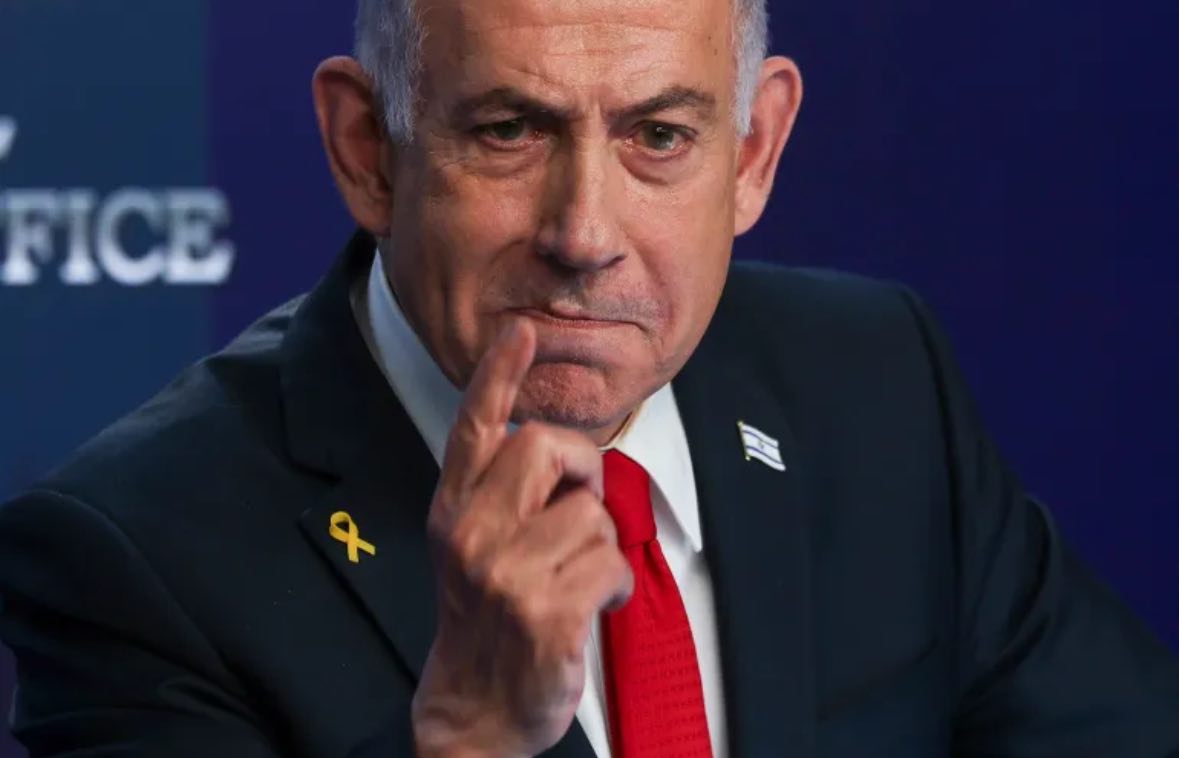Netanyahu Between Iran and America
Netanyahu Between Iran and America
With Israel’s attacks on Iran and Ukraine’s attacks on Russia, it’s time for the U.S. government to regain initiative in foreign policy with focus and order. In recent weeks, Iran and the United States have stood at a decisive point, at a crossroads. One path leads to difficult but hopeful negotiations for the people of both countries, and the other to a protracted war that brings nothing but destruction.
In 2018, Donald Trump closed the diplomatic path by withdrawing from the existing nuclear agreement with Iran, the Joint Comprehensive Plan of Action (JCPOA).
However, since the beginning of his second presidential term in January, he has shown an unexpected and open approach to negotiating with Tehran.
It seems Ayatollah Ali Khamenei, the leader of the Islamic Republic, is also ready to accompany this path.
But now, Benjamin Netanyahu, the Prime Minister of Israel, has chosen the path of war instead, and Trump, despite initial doubts, apparently follows him.
Trump was in an unprecedented position to restrain Netanyahu—more than any U.S. president in recent decades—but chose to accompany him.
After entering the White House, Trump sought an agreement that would reduce sanctions in exchange for halting Iran’s nuclear weapons program. Such an agreement could benefit both sides, significantly reduce the risk of Iran’s nuclear breakout, lessen pressure on other countries to pursue nuclear programs, calm the global energy market, and enable the U.S. to reduce its military forces in the region—a goal pursued by all U.S. presidents since Barack Obama.
Additionally, improving relations with Iran could disrupt Tehran’s rapprochement with Russia and China.
However, Israel was completely opposed to this process and disrupted it. The Israeli government claims that Iran is only days away from producing a nuclear bomb and has no choice but to attack.
But this claim is hard to believe. For years, experts, including the U.S. intelligence community, have estimated that Iran needs months or even years to produce highly enriched uranium and build a nuclear weapon.
If these estimates had recently changed, the U.S. would likely accompany Israel in an attack.
Israel’s attacks will not stop Iran’s nuclear program. The damages of this war are real, and yet military operations continue. However, Israel is only capable of destroying parts of this program.
Although the destruction of enrichment facilities in Natanz is considered a setback for Iran, these facilities are rebuildable. The assassination of Iranian nuclear scientists is also a heavy blow, but their knowledge and expertise can be replaced over time.
Experience has shown that decapitation strikes may be effective in the short term, but are rarely successful in the long term.
Even if the U.S. joins these attacks, without executing a regime change operation in Tehran, this program will not be completely stopped. Such a strategy would repeat the disaster of the Iraq war in 2003—but on a larger scale. As a result, Iran’s nuclear weapons program will remain in some form, but the prospect of negotiations to contain it is severely damaged. The outcome is the worst-case scenario: a vengeful Iran more determined than ever to acquire nuclear weapons and the loss of hope for a diplomatic solution.
Marco Rubio, the U.S. Secretary of State, has wisely tried to keep his country away from Israel’s attacks, but Trump—who initially tried to prevent this attack—is now trying to use it as leverage to bring Tehran to the negotiating table. This level of alignment with Israel at such a moment only increases the likelihood of the U.S. becoming more involved in the crisis and exposed to retaliatory actions by Iran.
Tactically, this approach is also unlikely to be effective. Iran’s authoritarian rulers cannot allow themselves to openly agree under pressure, as this threatens their domestic legitimacy. Moreover, some influential Iranian officials benefit from the status quo under sanctions—sanctions that have enriched a minority and put the majority of people in a difficult position.
Israel’s bold attacks are another example of how America’s partners have seized strategic initiative from Trump’s hands.
These attacks occurred only shortly after Ukrainian President Volodymyr Zelensky decided to attack deep into Russian territory with drones amid U.S. efforts to establish a ceasefire with Moscow.
While the Trump administration is embroiled in internal crises and its foreign policy direction is shrouded in ambiguity, other players are likely to act more boldly. If this administration cannot regain control of foreign policy with focus and discipline, the U.S. will be drawn into more conflicts without clear national interests.

